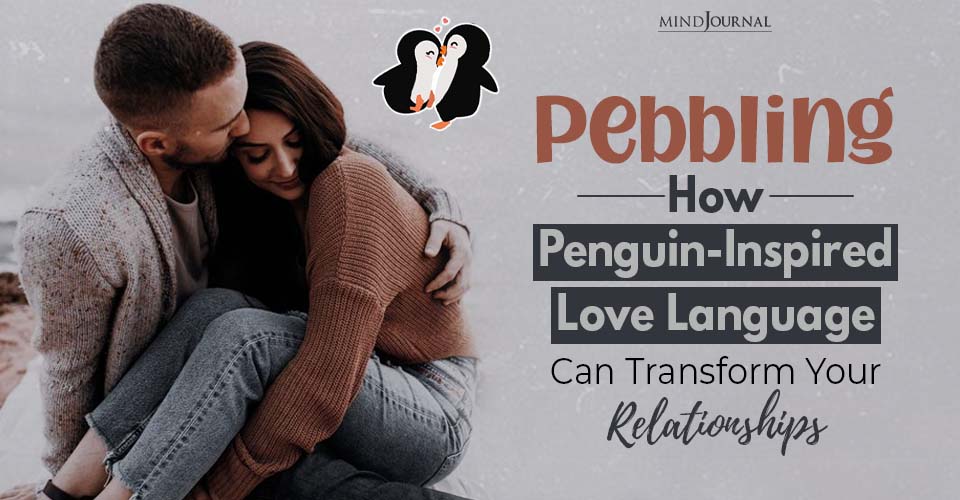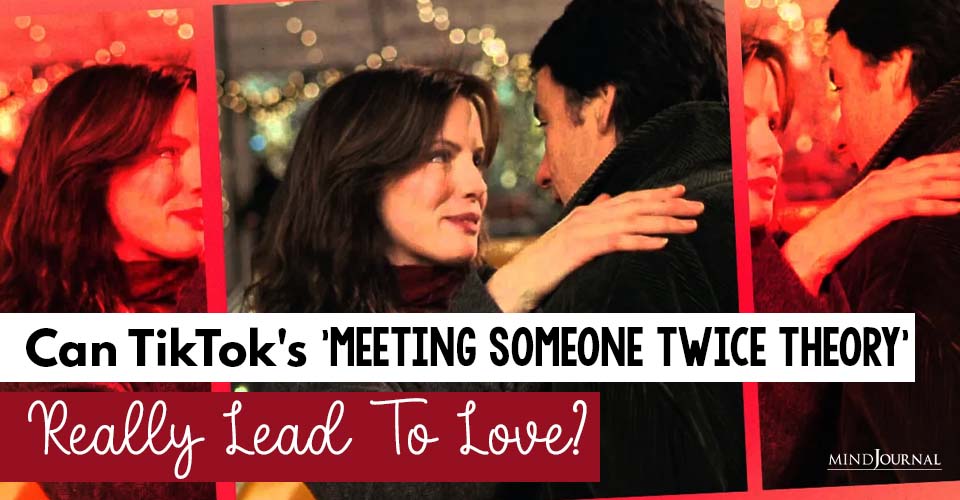Have you ever tried to resolve fights in your relationship to your best capability, but your partner always shuts you out?
The desire to resolve conflict in a relationship is healthy. Repairing a rupture maintains trust and allows a couple to feel good moving forward. However, when one partner shuts down or withdraws, he or she is defending against intense emotion. Withdrawing is a defense mechanism, and although defense mechanisms are necessary, universal, and human, when ignited, they render a person less capable of resolving conflict.
Four suggestions may assist a person help a partner who withdraws.
First, wait for the defense mechanisms to soften.
Do not allow too much time to pass before broaching the subject again, however, because it may be tempting to sweep the issue under the rug. It is important to remedy issues in a relationship to preserve closeness and trust.
Second, attempt to circumvent the partner’s defense mechanisms.
This approach is most effective when the person remains calm, uses a soft tone, and begins his or her sentiment with a positive statement. Next, state your feelings and identify the problem. For example, “I love you, honey. I get so hurt when you take your mother’s side and do not stick up for me.”
Looking to know more about the reasons because of which some people tend to withdraw in relationships? Read Why Do Guys Pull Away: 5 Real Reasons Your Man Is Withdrawing
Third, get outside and broach the subject while in nature.
Getting outdoors naturally reduces anxiety and releases endorphins. Being in nature subtly grounds and soothes a person. Taking a walk and asking to talk about the topic during the walk may decrease a partner’s defensiveness.
Fourth, observe the partner’s relationship with his or her parents.
Attachment styles provide a great deal of knowledge about how a person resolves the conflict. If the person seems to settle arguments productively with his or her parents, there may be a greater chance of him or her positively resolving conflict in a romantic relationship.
If not, the person may need therapy to address childhood shame and his or her discomfort with intense feelings. A partner who grew up feeling ashamed of how he or she felt maybe more defensive than a partner who received consistent empathy from a parent.
A partner’s comfort level with the more difficult emotional capacities like empathy, accountability, and insight, may dictate whether he or she is able to diffuse heightened defenses to embrace issues realistically. Using the four tactics above may be a good way to assess a partner’s emotional availability.
If a partner continues to shut down and is unable to revisit an issue without a major struggle, the partner may have a defensive structure that is overly robust and rigid.
Three tendencies indicate a partner may ultimately lack the ability to resolve conflict productively.
1. First, the partner continues to deny that there is an issue despite the clear reality that one exists.
2. Second, the partner flips the interaction and places full blame on a mate.
When a partner is overly defensive, hefty cognitive distortions allow him or her to rewrite history to excuse any wrongdoing and position himself or herself as the victim. If this is a common occurrence, conflict is seldom resolved and small disagreements end up as epic battles.
Want to know more about why your partner shuts you out? Read 7 Reasons Why People Withdraw In Relationships
3. Third, the partner commonly inflicts guilt to sidestep conflict.
This frequently occurs when a person brings an issue to a partner, yet, instead of focusing on this issue, the partner brings up past “good deeds” to manipulate the person into dropping the topic. For example, “How can you come at me with this after all I do for you? “ Or “How can you complain about me forgetting your birthday when I bought you a brand new house?” In essence, the partner makes the person feel guilty for attempting to resolve a conflict in the relationship.
Defense mechanisms are normal and necessary. Yet, when a partner is highly defended and is unable to entertain the uncomfortable and painful emotions, such as insight, introspection, empathy, and sincere remorse, it may be a sign he or she is incapable of resolving conflict productively. Each individual knee-deep in the conflict needs to own their part, say sorry, and attempt to repair the damage. If an individual does not sincerely embody these capabilities, it may be a sign the relationship needs professional guidance.
You can read Dr. Erin Leonard’s book “Emotional Terrorism, Breaking The Chains of A Toxic Relationship” to know more about this, and you can get it here. She has several other books to her credit, and you can check them out here.
Written By Erin Leonard
Originally Appeared In Psychology Today
When your partner shuts you out, it can naturally feel very frustrating. But instead of getting upset about it, try to approach the problem with a calm head, and take one step at a time. Try to understand your partner, and where the problem actually lies. Be patient and calm, and you will see your partner slowly opening up to you.
If you want to know more about what you can do when your partner shuts you out, then check this video out below:










Leave a Reply